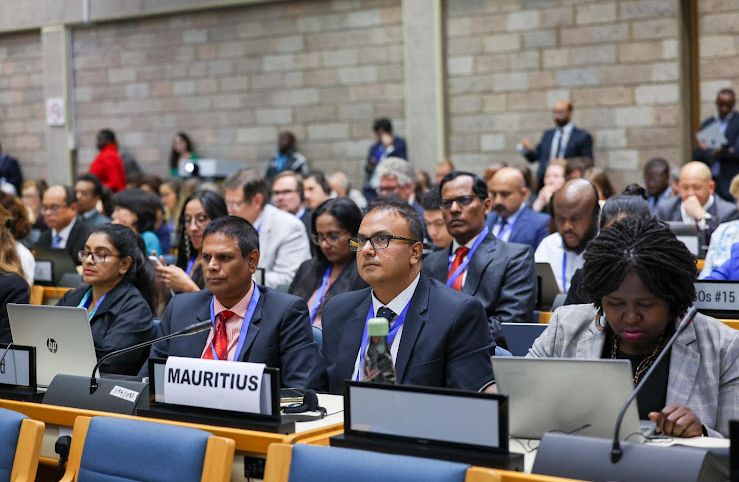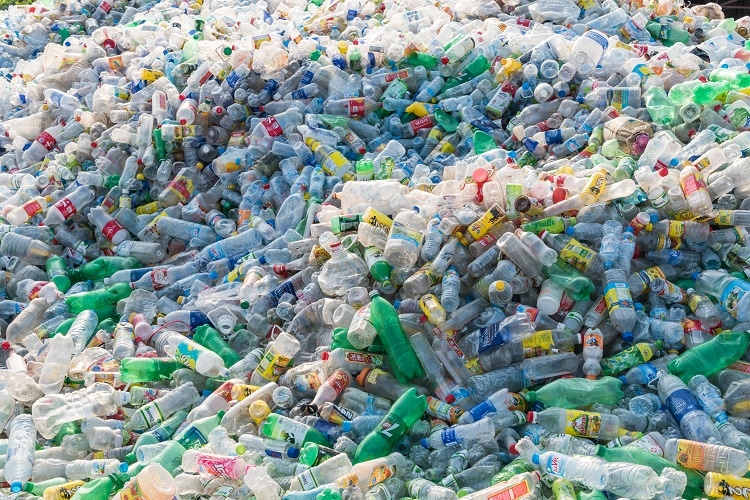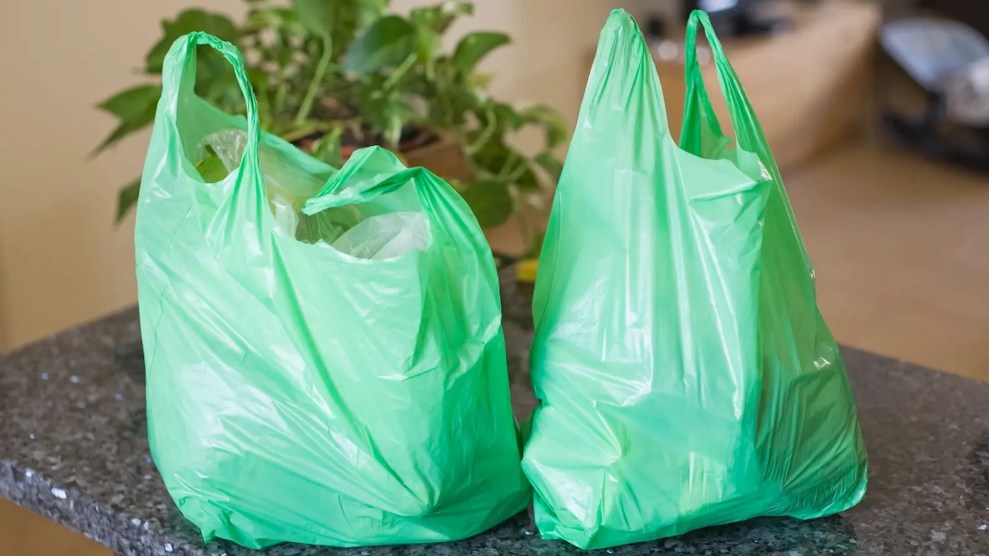
Delegates during the official opening of the Third Session of the Inter-Governmental Negotiating Committee(INC) on ending plastic pollution at the United Nations Office in Nairobi on November 13, 2023
The negotiation process was initially initiated in 2022 during the fifth session of the United Nations Environment Assembly.
Since the 1950s, a staggering 9.2 billion tonnes of plastic have been produced, with 7 billion tonnes ending up as waste, polluting landfills, lakes, rivers, soil, and the ocean.
Humanity currently generates a staggering 430 million tonnes of plastic each year, with two-thirds of it being utilized in short-lived products that swiftly transform into waste.

The forthcoming round of discussions, scheduled to be held in Canada, focuses on establishing a legally binding global instrument to combat plastic pollution.
Delegates from 174 countries are expected to partake in the negotiations, which will take place from April 23 to 29.
This meeting, also known as the Fourth Session of the Intergovernmental Negotiating Committee on Plastic Pollution, aims to address the challenges posed by this pressing issue.
The negotiation round, labeled INC-4, represents a crucial opportunity to reach a consensus and finalize the legally binding instrument by year-end.
An analysis conducted by the World Wide Fund for Nature-Kenya reveals that the majority of states support ambitious and binding global regulations encompassing the entire life cycle of plastics.
Despite overwhelming support for a binding global treaty, a small group of states, driven more by profit than environmental concerns, continues to resist progress.

With only two negotiation rounds remaining, the outcomes of the week-long talks in Ottawa hold the power to either make or break the treaty.
In order to achieve an effective treaty by the end of 2024, governments must prioritize the agreement on key measures that will have the greatest impact on plastic pollution. This includes implementing global bans on the most harmful single-use plastics, establishing binding global requirements on product design and performance to ensure reduction, reuse, and safe recycling of all plastic products, and securing a robust financial package to support these efforts.
Despite fewer than 10 states advocating for the removal of such rules from the final text, previous negotiation rounds have witnessed their ability to disrupt and delay proceedings, contradicting the unanimous decision made in 2022 for a global instrument to combat plastic pollution.
Heading into INC-4, negotiators must focus on forging widely supported global regulations that are essential for combatting plastic pollution and prevent a handful of countries from impeding progress.
“INC-4 represents a critical juncture for this treaty, and we must make significant strides within a short timeframe. Governments must urgently unite around the key global measures that will have the greatest impact on plastic pollution. They have the support of the international community and their citizens; now it is imperative to transform their collective ambition into tangible action. Anything less at this stage of the negotiations would jeopardize the implementation of a meaningful treaty and exacerbate the plastic pollution crisis,” emphasized Eirik Lindebjerg, Global Plastics Lead at WWF International.




